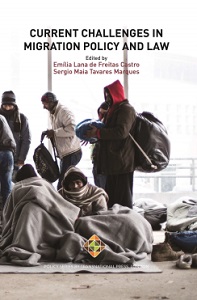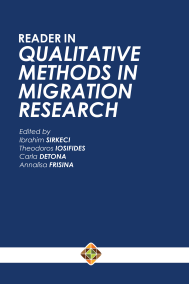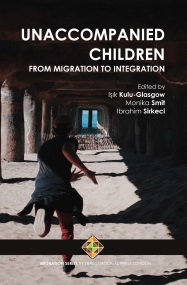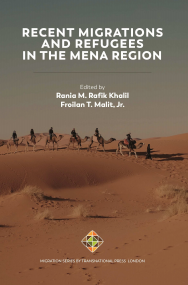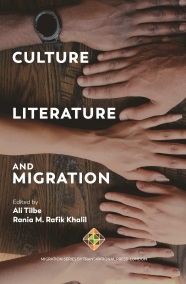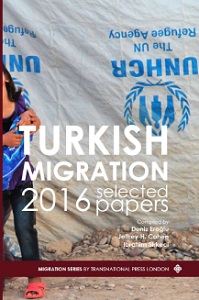
Crossing Borders-Negotiating Identities in Transnational Spaces: The case of Bulgarian Turks in Germany
During the process of migration, individuals do not just cross borders of nationstates, but also cultural, social and political boundaries (Faist, 2000). In the case of EU foreigners, along with their home country and destination country, they also reassess their European identities in relation to encounters with other European citizens. Studies based on European identity mostly focus on the majority populations and neglect different ethnic, cultural sub-groups within European societies (Waechter, 2015).
More...
